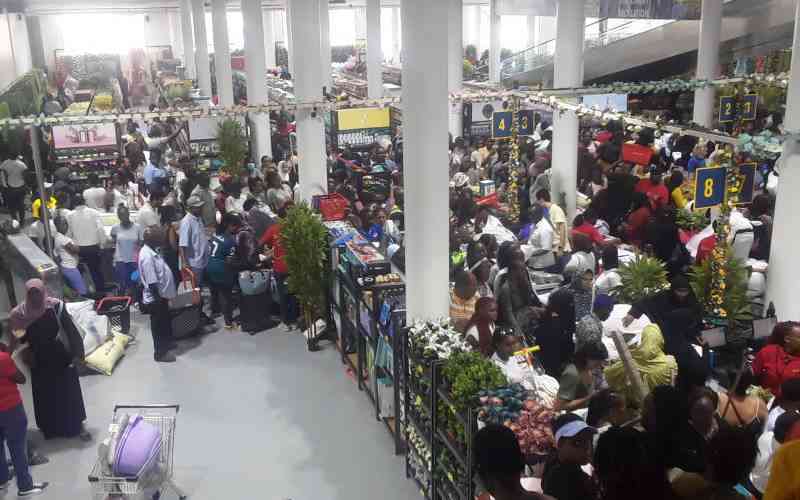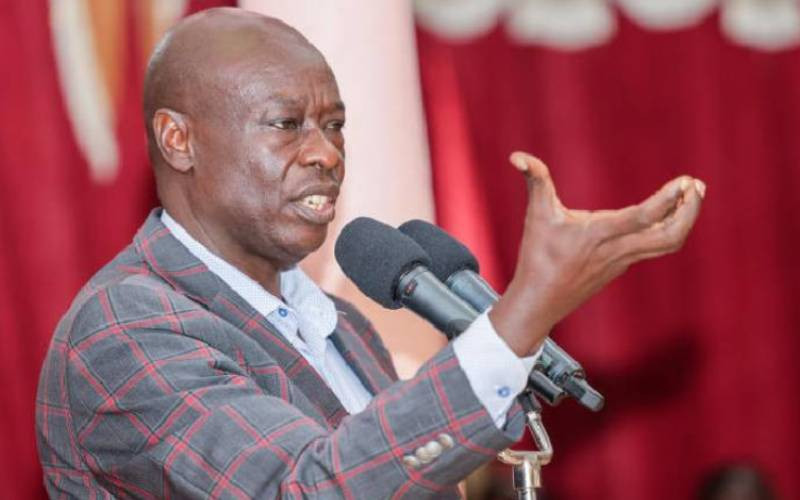The Gambia Port Authority (GPA) has revealed plans to build a second landing bridge for operational safety of ferries.
The plan came to light during a meeting with the National Assembly Joint Committee of Public Enterprises and Monitoring the Implementation of the Government Projects on Monday 29 April 2024.
The GPA is in grip of crisis amid lack of ferry services at Banjul-Barra lander following the withdrawal of Kanilia Ferry from services for repair works after mislaying track on the sea.
The GPA recently indicated in a press release
that “all ferries are currently under maintenance and there will be no ferry services across the Banjul and Barra route until further notice. Meanwhile, travellers and vehicular operators, in particular, are advised to use the Senegambia Bridge.”
During the discussion on the state of ferry services, the GPA Managing Director Ousman Jorbateh said that the ferries have been facing a major challenge due to the absence of a functional shipyard that has a dry docking facility.
He added that in marine technology, these vessels are usually taken completely out of the water once every two years to access the bottom hull for necessary maintenance tasks such as scraping, replacing or removing marine wood if needed.
Mr Jorbateh further justified that in recent incidents ferries have failed to land properly, causing cars to dangerously veer off the landing site and almost fall into the sea. Whereas these incidents have resulted in several hours of ferry services being unavailable, a new landing site is needed.
“If we complete the necessary tasks and receive government support to restructure our operations, such as implementing a transition programme for excess staff, acquiring a second lander and new ferries, it may be time to introduce private management into our ferry services. This would make the services more sustainable, as private operators are better equipped to establish systems that encourage the use of IT platforms for revenue generation, ticketing, scheduling, and preventative maintenance.”
M.D Jorbateh, on the other hand, said besides having to purchase fuel at pump price, pay for spare parts and assume liability for corporation tax at GRA which is a significant financial burden to them, the private operators would have more control over the operations as a result it would lessen their liabilities and ease operational function in future.



















Discussion about this post